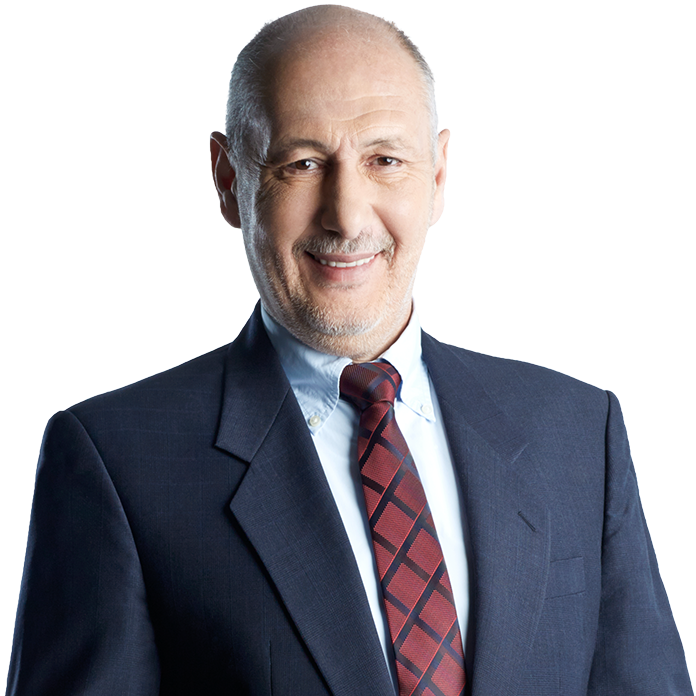
- 20.08.2025, Wednesday
- 06:02
The Alaska Summit: A New Yalta?
23:4018/08/2025, Monday
Next article
Süleyman Seyfi Öğün

The Alaska Summit wrapped up. As with these kinds of meetings, what’s actually said and agreed upon never gets passed to the public in full. After several hours of talks, both leaders gave extremely limited statements. The lack of transparency leaves the mainstream press flailing, and in that vacuum, people start over-interpreting body language, ceremony details, and scraps of footage. I followed some of the live coverage—what a circus. Some journalists claimed the reception was deliberately low-key
The Alaska Summit wrapped up. As with these kinds of meetings, what’s actually said and agreed upon never gets passed to the public in full. After several hours of talks, both leaders gave extremely limited statements. The lack of transparency leaves the mainstream press flailing, and in that vacuum, people start over-interpreting body language, ceremony details, and scraps of footage.
I followed some of the live coverage—what a circus. Some journalists claimed the reception was deliberately low-key to humiliate Putin, when in fact it fully complied with protocol. Others saw the U.S. fighter jet flyover as Trump flexing against Putin. Then you had people reading Lavrov’s sweater with “CCCP” written on it as a show of Russian strength. Honestly, it was comical—suddenly everyone was a body-language expert or a code-breaker of hidden symbols.
In reality, the visuals were sparse. Trump and Putin posed for photos before the meeting, sitting stiffly side by side with little movement or expression, ignoring reporters’ attempts to provoke a reaction. Putin muttered something at one point, but it wasn’t audible. Then the press was ushered out, doors shut, and a few hours later the leaders reappeared with poker faces, gave short, shallow remarks, and ended it.
It’s important to understand: this summit wasn’t just about repairing U.S.-Russia relations, which had nearly collapsed under Biden. It was proactive—meant to launch a new series of meetings. This wasn’t two leaders casually deciding to meet. It was the product of months of preparatory talks, some public, some hidden. That alone signals the two sides had already agreed on key issues before arriving in Alaska. The summit wasn’t starting from scratch; it was confirming settled matters and moving on to what was still negotiable.
On those unresolved but flexible points, Trump and Putin likely did some give-and-take. If progress was made, good. If not, those issues were shelved, and the focus shifted to deepening cooperation where agreement already existed. That’s standard negotiation practice.
We’ll never know the details, but the pattern is clear: agreements outweighed disagreements. And the impact isn’t confined to U.S.-Russia ties—it’s global. Still, let’s not mistake Alaska for Yalta. Yalta was a post-WWII carve-up by the “Big Three.” The Alaska summit is more like the shaky pacts made before WWII—temporary, unstable, and prone to collapse. Remember, Britain wasn’t bothered by Hitler’s rise at first, even harboring widespread Nazi admiration. Chamberlain saw Nazism as a useful tool against the Soviets, and Stalin even signed a non-aggression pact with Hitler. We know how that ended.
So no, Alaska won’t produce a new world order. There’s no guarantee this U.S.-Russia thaw will last. If it deepens, especially pulling India into the mix, expect pushback from those left out—China, Britain and its dominions, Germany, France. Don’t underestimate them, even if some have lost clout. They won’t just let it slide. Which cards they’ll play—especially Beijing and London—is the big question.
Externally, the effects may not show right away. But domestically, there could be turbulence, particularly for Trump. Putin has little to worry about on that front. Trump, however, is already hinting at sending the National Guard into the streets under one pretext or another. That’s worth watching closely.
For Türkiye, the lesson is simple: decision-makers should factor in all these possibilities.
#Alaska Summit
#Putin
#Trump
#Yalta
LEGAL NOTICE
The BIST name and logo are protected under the "Protected Trademark Certificate" and cannot be used, quoted, or altered without permission.All rights to the information disclosed under the BIST name are entirely owned by BIST and cannot be republished. Market data is provided by iDealdata Financial Technologies Inc. BIST stock data is delayed by 15 minutes.






